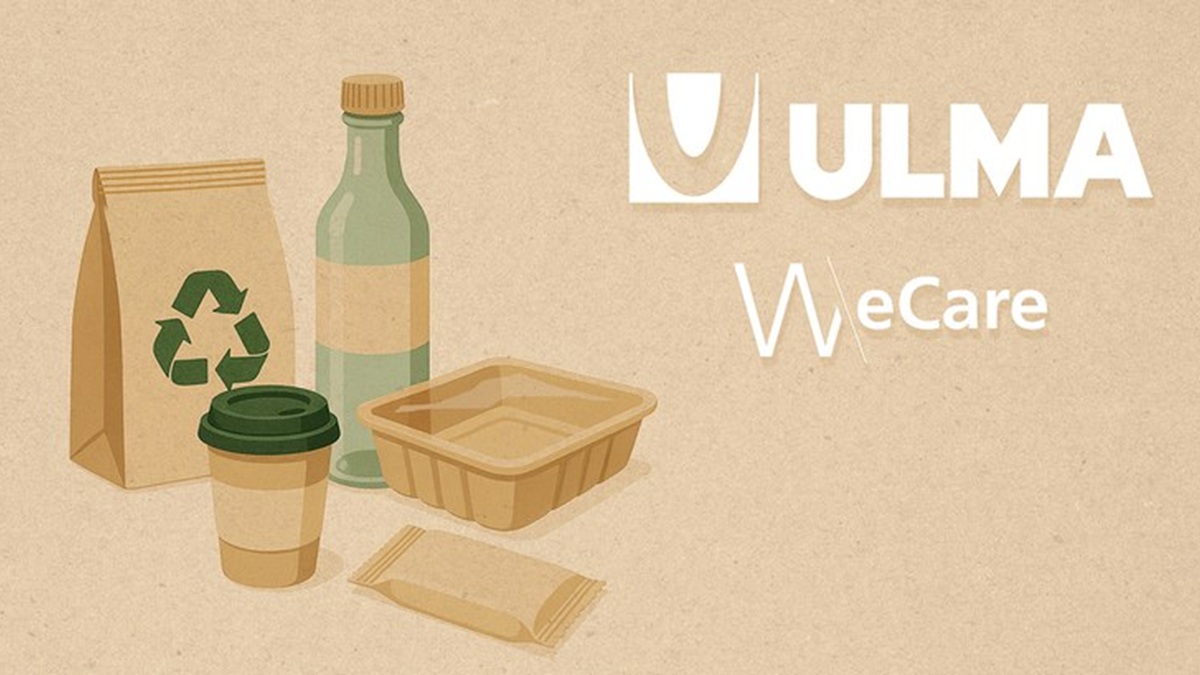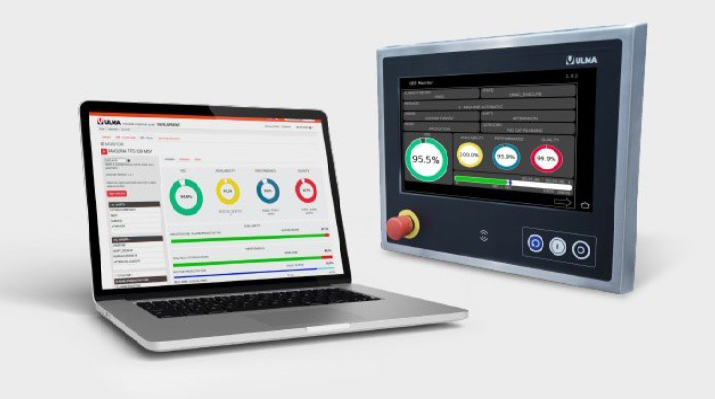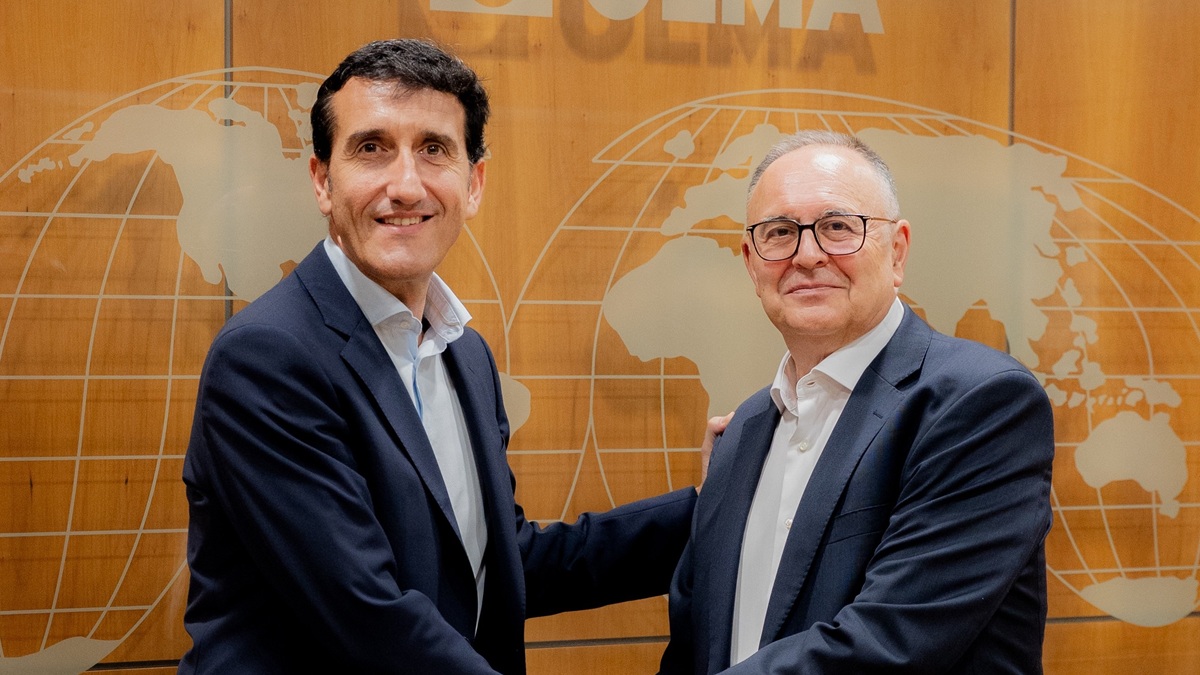Packaging
One machine, three pack styles
Perfect for use with 422mm wide film, which is widely available, the TFS 200 MSV avoids the need for manufacturers to purchase new packaging materials, while also being configurable with a range of formats to suit individual or bulk packs. Furthermore, the TFS 200 MSV is suited to a diverse range of food produce industries. For example, the machine is appropriate for packing a full range of frozen and fresh food products, including fish, cheese and meat. Food processors need not compromise on speed and efficiency either, as the thermoformer?s powerful vacuum options provide increased cycle rates of up to ten cycles per minute, depending on the pack style, product and format. With environmental concerns in mind, ULMA?s new TFS 200 MSV is compatible with both recyclable film and paper board as well. This makes the machine the ideal packaging solution for food processors looking for more sustainable ways of protecting, transporting and displaying produce from the point of harvesting or manufacture to retail outlets. Alastair Cook, Thermoformer Product Manager, commented: ?The blue-planet effect has spurred on a change in consumer demand, driven by those who want to reduce their consumption of plastic. By investing in the new TFS 200 MSV, businesses, particularly SMEs, will benefit from the opportunities presented by both skin packing and paperboard materials. ?In short, having the ability to pack goods using one machine that can deliver three different packaging formats means food processors and manufacturers benefit straightaway. The compact design of the TFS 200 MSV makes it the ideal choice for small businesses where space is at a premium, while the straightforward tooling changes also mean that it?s suited to those looking to increase production to meet growing customer orders.? The new TFS 200 MSV thermoformer will soon be on display at ULMA?s Dinnington showroom facility, allowing customers to put the machine?s capabilities to the test using their own products.
05 March, 2019
Perfect for use with 422mm wide film, which is widely available, the TFS 200 MSV avoids the need for manufacturers to purchase new packaging materials, while also being configurable with a range of formats to suit individual or bulk packs. Furthermore, the TFS 200 MSV is suited to a diverse range of food produce industries. For example, the machine is appropriate for packing a full range of frozen and fresh food products, including fish, cheese and meat. Food processors need not compromise on speed and efficiency either, as the thermoformers powerful vacuum options provide increased cycle rates of up to ten cycles per minute, depending on the pack style, product and format. With environmental concerns in mind, ULMAs new TFS 200 MSV is compatible with both recyclable film and paper board as well. This makes the machine the ideal packaging solution for food processors looking for more sustainable ways of protecting, transporting and displaying produce from the point of harvesting or manufacture to retail outlets. Alastair Cook, Thermoformer Product Manager, commented: The blue-planet effect has spurred on a change in consumer demand, driven by those who want to reduce their consumption of plastic. By investing in the new TFS 200 MSV, businesses, particularly SMEs, will benefit from the opportunities presented by both skin packing and paperboard materials. In short, having the ability to pack goods using one machine that can deliver three different packaging formats means food processors and manufacturers benefit straightaway. The compact design of the TFS 200 MSV makes it the ideal choice for small businesses where space is at a premium, while the straightforward tooling changes also mean that its suited to those looking to increase production to meet growing customer orders. The new TFS 200 MSV thermoformer will soon be on display at ULMAs Dinnington showroom facility, allowing customers to put the machines capabilities to the test using their own products.












